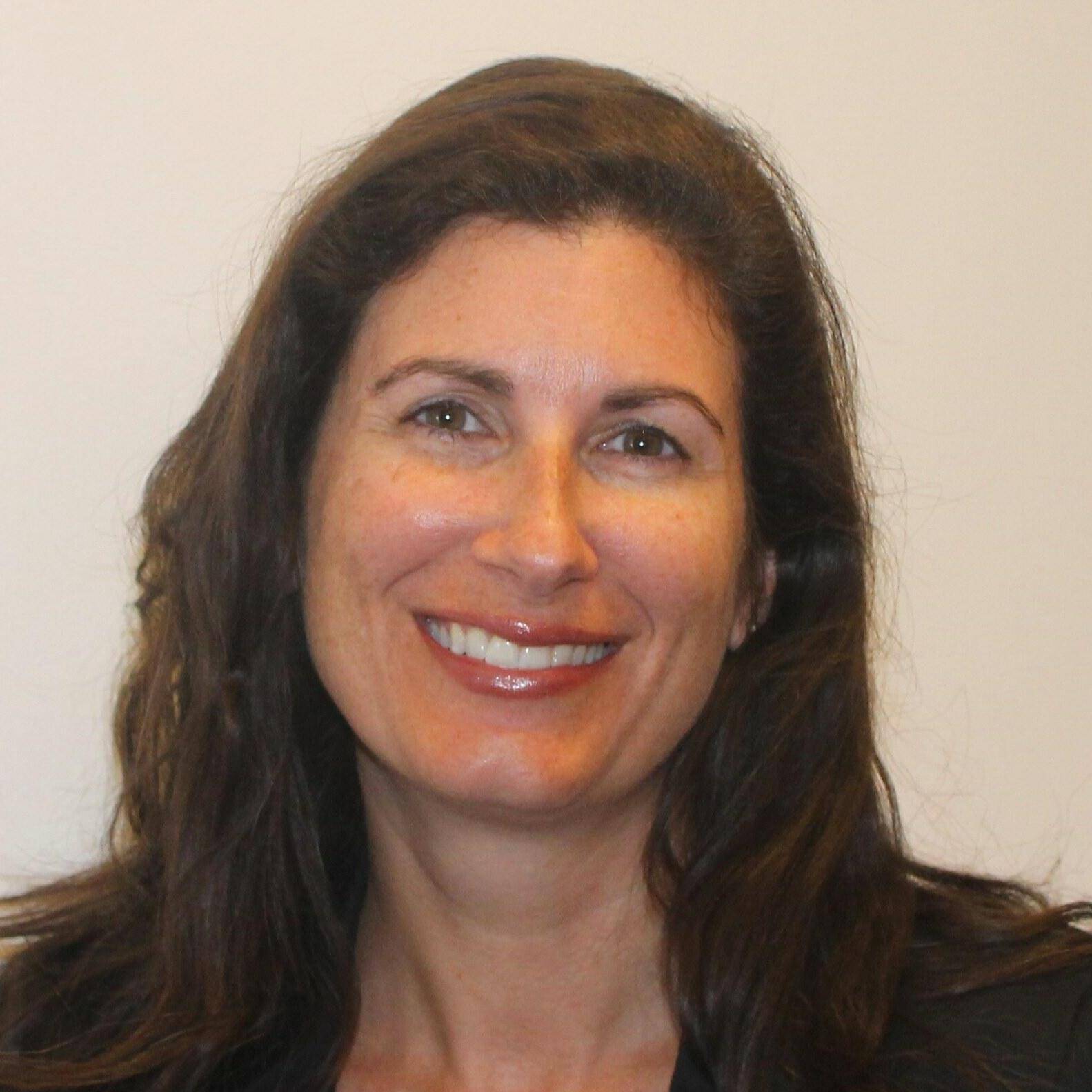Holistic and Inclusive Resilience: Insights from the World Risk Poll and Sierra Leone
Resilience, Disaster Risk Reduction, Data This session launched the 2023 edition of the World Risk Poll Resilience Index, showing how different aspects of resilience have improved or deteriorated in different parts of the world since the Poll data was last collected in 2021. The session presented key trends from the data, which were discussed with a panel of resilience and DRR experts, with input on the audience on how this data can be put into action to improve safety. The session also saw the launch of a new short film – Freetown Flood Fighters: Women’s Resilience on the Frontline – which brings to life many of the resilience challenges highlighted by the World Risk Poll. Commissioned by Lloyd’s Register Foundation in response to the findings of the previous Poll, the film tells the story of female-led community groups working to improve resilience in Freetown, Sierra Leone.
Key trends emphasised from the data as priorities for intervention included: – A 3 percentage point increase in the proportion of the global population that has experienced a disaster related to a natural hazard in the past five years, primarily driven by increased experience of flooding. – A global increase in the proportion of people who say they can do nothing to protect themselves and their families in a disaster, suggesting a global loss of agency which must be reversed to improve resilience. – A positive association between household disaster planning and individual agency, suggesting investing in household planning can have beneficial knock-on effects which may lead to exponentially better outcomes. Much of the discussion focused on the data the World Risk Poll provides on the reach and effectiveness of disaster early warning systems, and it was agreed that this data has great potential to benchmark the performance of the UN’s Early Warnings for All initiative. Organized by: Lloyd’s Register Foundation and GFDRR/World Bank



